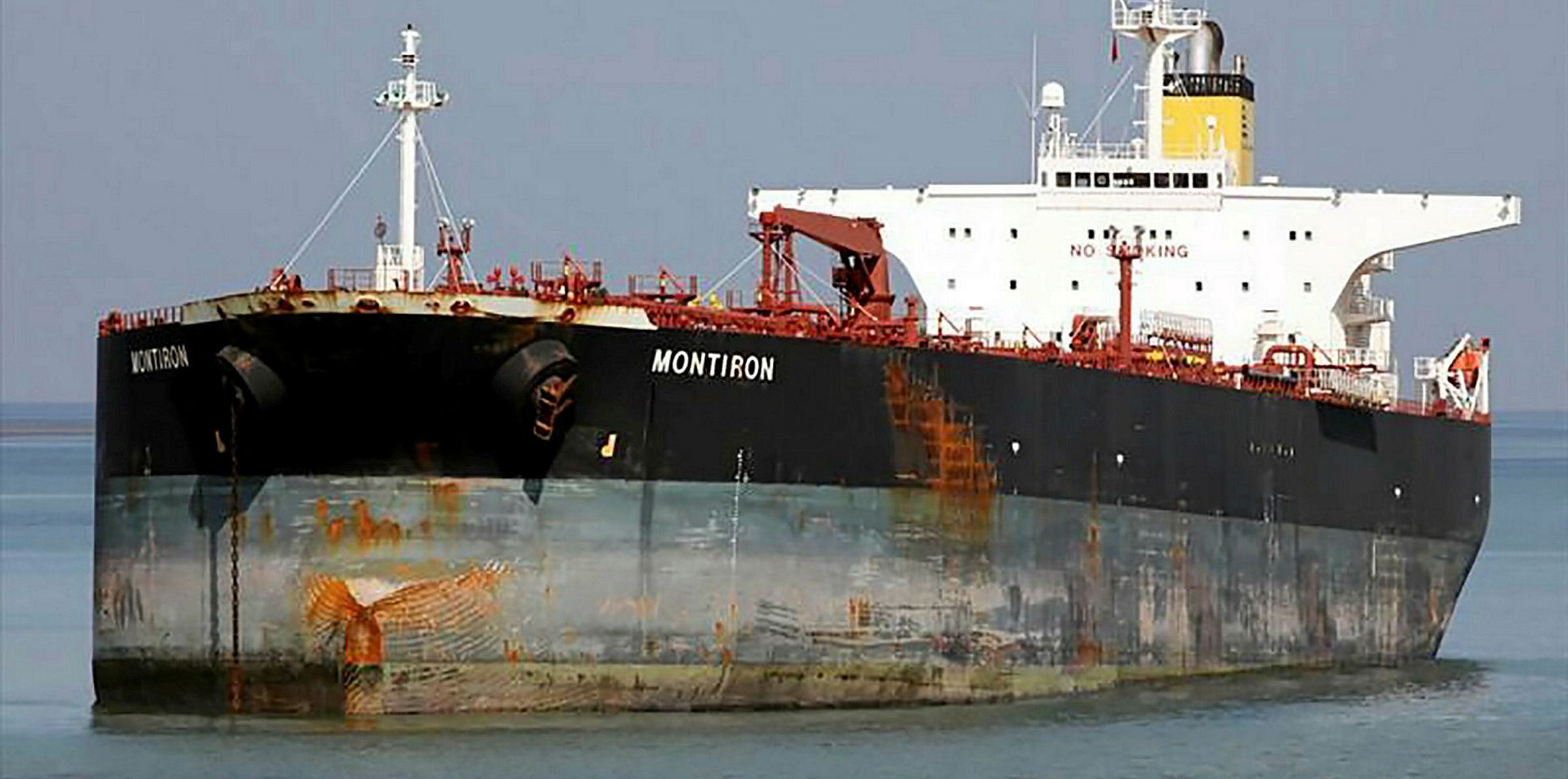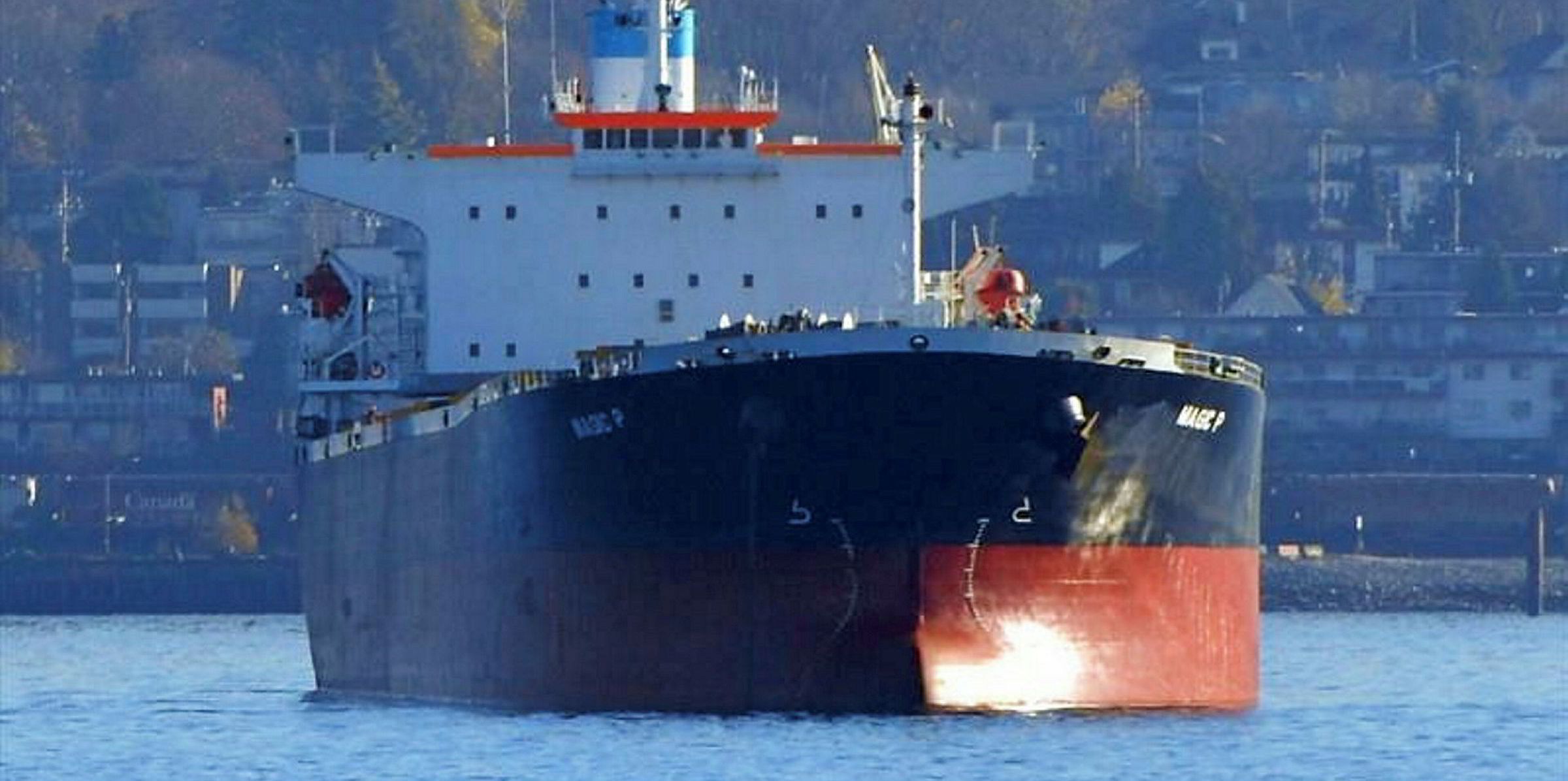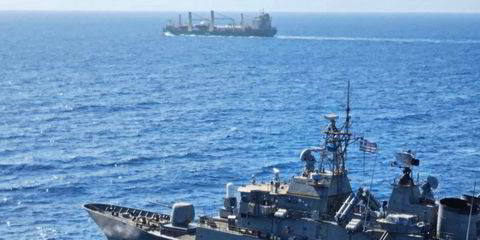Greek sale-and-purchase activity has not dropped as much as one would expect, considering the market uncertainty and restrictions on inspections brought on by the pandemic.
Based on confirmed ship transactions to the end of August, and deals reported later by reliable brokers, Greeks bought or sold 252 ships between January and September, compared with 304 in the same period last year.
If there is one clear trend, it is that Greeks have been net buyers of bulkers and net sellers of tankers. Hellenic players bought more than 90 bulkers so far this year, against 40 sold. On the tanker front, by contrast, they sold 55 against 41 units purchased.
It is no surprise that tanker buying is subdued. After a spike earlier in the year, the freight rates for oil carriers are sagging. Furthermore, several Greek tanker owners prefer newbuildings to secondhand tonnage to renew their fleets.
Sales of aframaxes have been particularly conspicuous. Greek owners divested 19 so far this year — the majority of which were built around 2000.
Two Martinos siblings have been at the forefront of that trend: Andreas Martinos of Minerva Marine and Thanassis Martinos of Eastern Mediterranean Maritime, which alone accounted for eight sales between them.
Tsakos Energy Navigation (TEN) shed four tankers in the first half of the year and is planning to offload as many in the second.
At the same time, Greek tanker owners stayed away from scrapyards. Just one owner — George Gialozoglou — sold oil carriers for demolition so far this year.
Notable on the tanker buying side has been the purchase of several suezmaxes between 17 and 19 years old by low-profile or newly-emerging companies.
Edge Maritime, a new company that several market sources linked to owner Vassilis Bacolitsas, has acquired up to five such ships so far this year for a total estimated outlay of close to $80m. The company itself did not respond to requests for comment on its strategy and background. Bacolitsas company Sea Pioneer has denied any links to its vessels.
Greek buying has been more frequent on the dry bulk side. As the first wave of the coronavirus pandemic abated over the summer, several Greeks took advantage of low asset values to build up their fleets.
Most pounced on vessel types they were familiar with, often sisterships of units already in their fleet.
One characteristic example has been US-listed Castor Maritime, which bought three panamaxes between June and October to double the size of its fleet, following share issues that raised a total of $38m.






